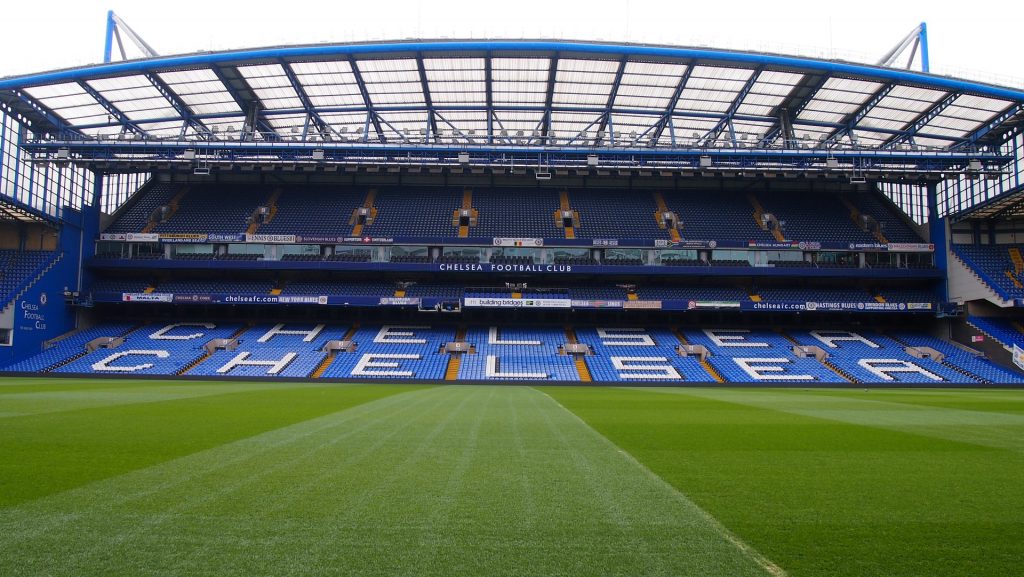Sanctioning of Chelsea owner by UK government halts club’s sale
Roman Abramovich’s attempt to sell Chelsea has been halted after the oligarch was sanctioned by the UK government as part of its response to Russia’s invasion of Ukraine.
The Russian put the European champions up for sale after the threat of sanctions was raised in Parliament.
The freezing of Abramovich’s assets, which include Chelsea, means the club cannot sell further match tickets.
The move is intended to stop Abramovich making money from Chelsea.
The government has issued a special licence that will allow fixtures to be fulfilled, staff to be paid and existing ticket-holders to attend matches.
Chelsea have said they “intend to engage in discussions” with the government and will seek amendments to the special licence to “allow the club to operate as normal as possible”.
Chelsea will be unable to buy or sell players, or offer new contracts, while the sanctions are imposed on Abramovich. Chelsea-owned players who are on loan at other clubs will be able to continue to play for those clubs.
The London club’s merchandise shop has also been shut.
The government is open to considering a further addition to the special licence which will allow the sale of the club.
A condition for that to happen would be that Abramovich – one of Russia’s richest people who is believed to be close to Russian President Vladimir Putin – receives no funds.
He has previously said that proceeds of any sale would be donated to victims of war.
More than 10 parties are still interested in buying Chelsea, despite Abramovich being sanctioned.
It is understood that although the news took many investors by surprise and there is confusion about what happens next, there is still plenty of desire to purchase the club.
The Premier League confirmed Chelsea’s match at Carrow Road “will go ahead” and added that it will “work with the club and the government to ensure the season will proceed as planned and in line with the government’s intention”.
The Chelsea Supporters’ Trust has called for the government “to minimise the uncertainty” and to include fans “in any conversation regarding ongoing impacts”.
As a result of the sanctions, the Digital, Culture, Media and Sport (DCMS) select committee will hear from Sports Minister Nigel Huddleston, Football Association chief executive Mark Bullingham and the Premier League’s chief policy and corporate affairs officer Helen MacNamara on Tuesday.









